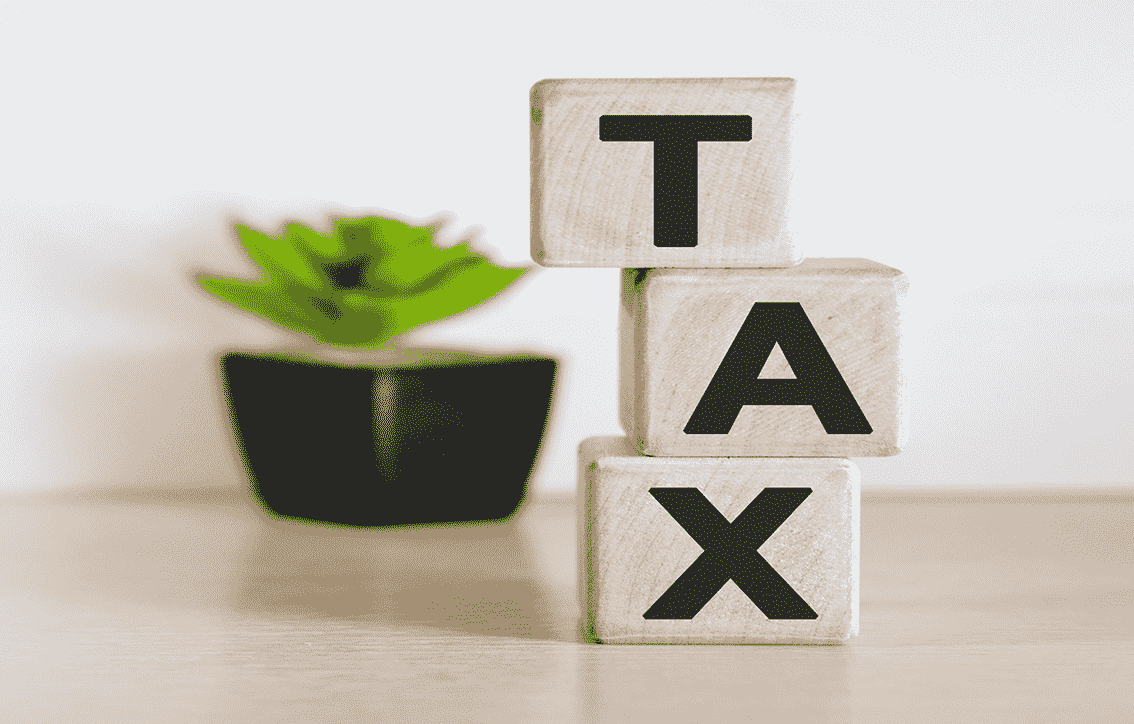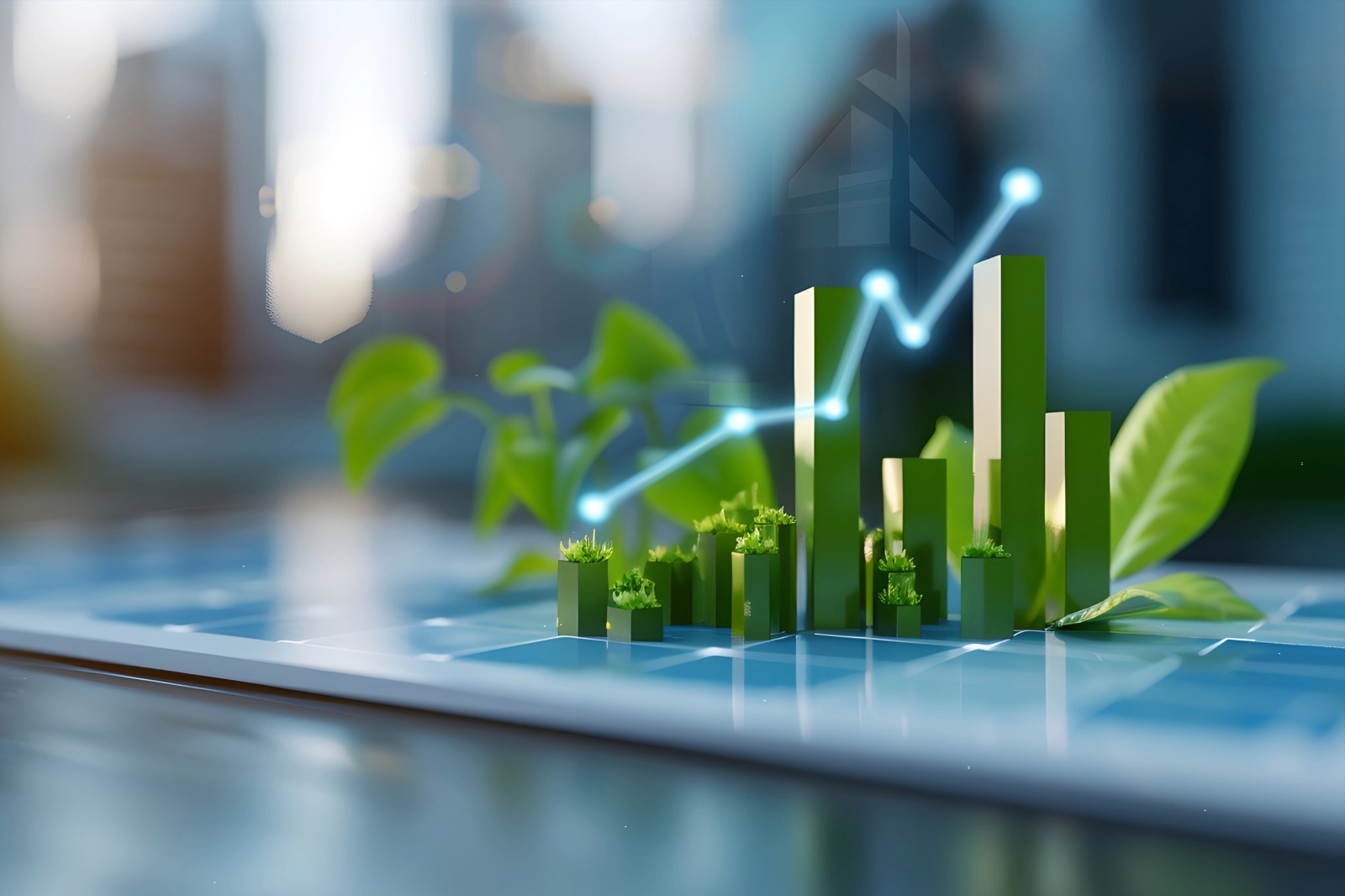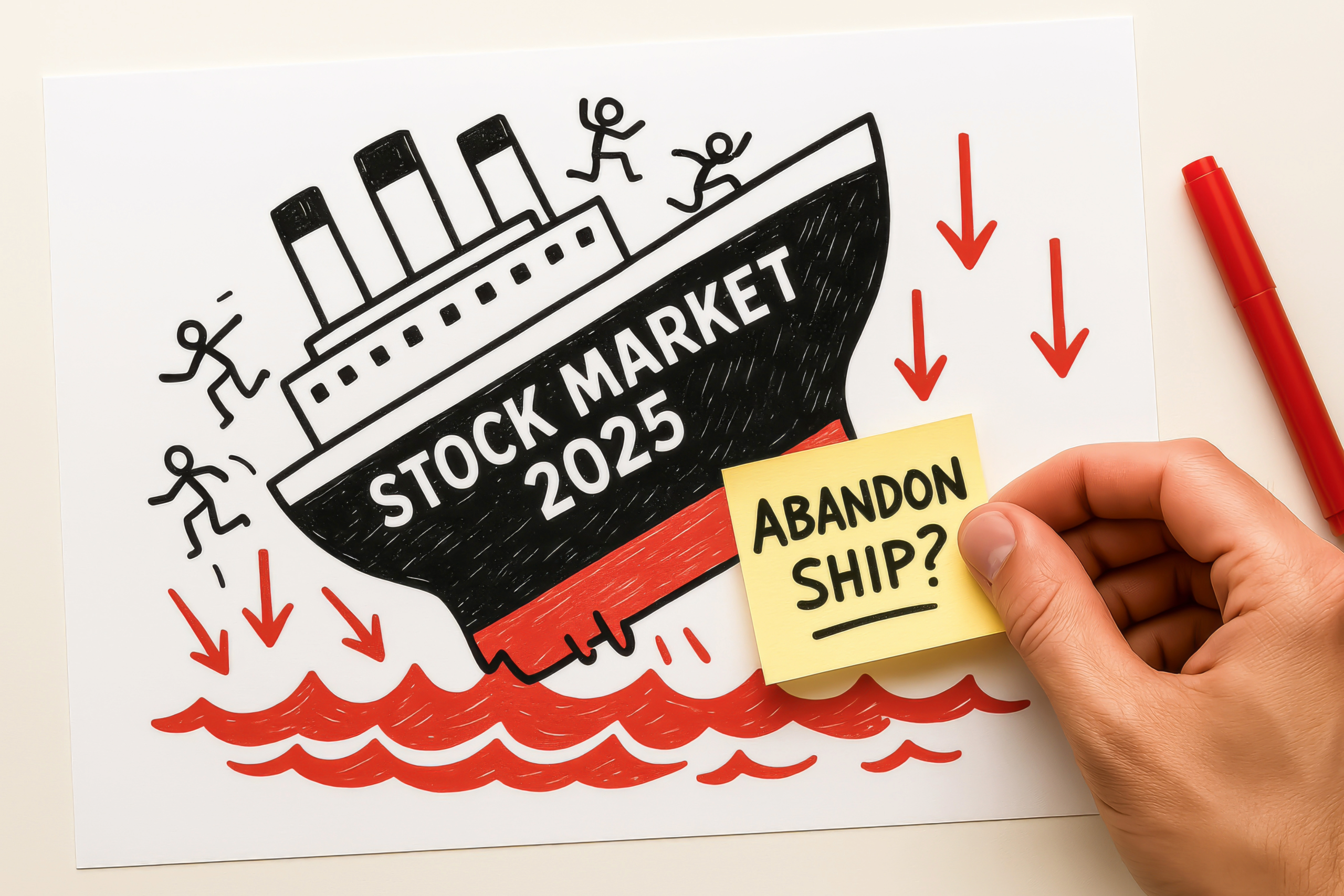The International Sustainability Standards (ISS) were introduced by the International Sustainability Standards Board (ISSB). The ISSB was established as part of the IFRS Foundation in November 2021. On June 26, 2023, IFRS S1 and S2 were released.
The ISSB’s two sustainability standards are:
- IFRS S1 General Requirements for Disclosure of Sustainability-related Financial Information;
- IFRS S2 Climate-related Disclosures.
These standards aim to create a common global framework for reporting sustainability-related information. With growing concerns about environmental, social, and governance (ESG) issues, many organizations voluntarily disclose more than what financial reporting rules require.
Standard History
IFRS S1 and IFRS S2 were developed by the ISSB to create a global standard for sustainability and climate-related financial disclosures. Launched in June 2023 and effective from January 2024, they build on frameworks to ensure transparency and consistency. Many countries are considering adopting them to improve sustainability reporting worldwide.
What is IFRS S1?
IFRS S1 establishes general requirements for sustainability-related financial disclosures, it is designed to provide companies with a consistent framework for disclosing sustainability-related financial information. The standard ensures that these disclosures are clear, comparable, and transparent, helping investors make informed decisions.
The primary purpose of IFRS S1 is to enable investors and stakeholders to understand how sustainability-related risks and opportunities impact a company’s financial position, performance, and future prospects. By promoting transparency, IFRS S1 supports more informed decision-making in financial markets.
What is IFRS S2?
IFRS S2 provides a structured framework for companies to disclose climate-related risks and opportunities that could impact their financial performance.
The primary goal of IFRS S2 is to ensure that companies report climate-related financial information in a consistent, transparent, and comparable way. This helps investors and stakeholders understand how climate risks such as: extreme weather events, carbon regulations, and the transition to a low-carbon economy affect a company’s financial health and long-term strategy.
The Core Components of IFRS S1 and IFRS S2
At its core, IFRS S1 and IFRS S2 are built around four key elements that guide companies in integrating sustainability into their financial reporting. These elements focus on helping businesses communicate their long-term sustainability risks and opportunities effectively. which requires an entity to provide disclosures around these below elements:
- Governance: How the organization oversees sustainability and climate-related risks and opportunities.
- Strategy: The impact of sustainability and climate risks on business strategy and financial planning.
- Risk Management: Processes for identifying, assessing, and managing sustainability and climate-related risks.
- Metrics and Targets: The quantitative and qualitative measures used to monitor and report sustainability and climate performance.
These standards aim to provide consistent, comparable, and reliable sustainability-related financial disclosures for investors and stakeholders.
Practical Next Steps for Preparing to Report
As you prepare to report on 2024 data, remember that sustainability reporting will happen at the same time as financial reports, which can increase pressure. Some exemptions might apply for the first year, depending on local rules.
First, check your current setup. Review your governance and sustainability strategy to make sure they align with the reporting standards. Identify any areas that need improvement. Once you know where you stand, create a structured implementation plan with clear steps, deadlines, and responsibilities.
Educate & Train Internal Teams
To effectively implement IFRS S1 and IFRS S2, organizations must educate and train their internal teams through a structured approach.
The process begins with raising awareness among employees and securing leadership buy-in to ensure alignment with sustainability reporting goals. Teams across finance, risk management, compliance, and operations should receive role-specific training to understand disclosure requirements, risk assessment methodologies, and data management for sustainability-related information.
Practical workshops, case studies, and hands-on exercises help teams grasp key concepts such as scenario analysis, greenhouse gas emissions tracking, and sustainability-linked financial reporting.
Additionally, training on relevant technology and reporting tools ensures accurate and efficient data collection and disclosure. Continuous learning through webinars, industry forums, and refresher sessions keeps teams updated on evolving sustainability standards and best practices. By fostering a culture of sustainability education, organizations can enhance compliance, improve reporting quality, and strengthen their overall ESG strategy.
How IFRS S1 Works with IFRS S2
IFRS S1 and S2 prescribe what sustainability-related matters a company must disclose. While IFRS S1 provides the general framework for sustainability-related financial disclosures, IFRS S2 focuses specifically on climate-related risks and opportunities. where IFRS S2 requires disclosures related to carbon emissions, climate adaptation strategies, and the financial implications of other climate-related changes on the company’s operations.
together, these standards provide investors and stakeholders with a comprehensive understanding of sustainability-related risks and opportunities, offering deeper insights into factors that could influence the company’s financial resilience, strategic direction, and long-term performance.
In conclusion, IFRS S1 and IFRS S2 mark a significant step toward standardized, transparent, and reliable sustainability reporting. By integrating governance, strategy, risk management, and performance metrics, these frameworks enable organizations to disclose sustainability-related financial information effectively. IFRS S2, with its focus on climate-related risks, ensures that companies assess and communicate their environmental impact, helping investors make informed decisions. As businesses worldwide adopt these standards, they will not only enhance compliance but also drive sustainable growth and resilience in an evolving economic landscape. Embracing IFRS S1 and IFRS S2 is not just about regulation it is a commitment to long-term value creation and responsible corporate leadership.


























